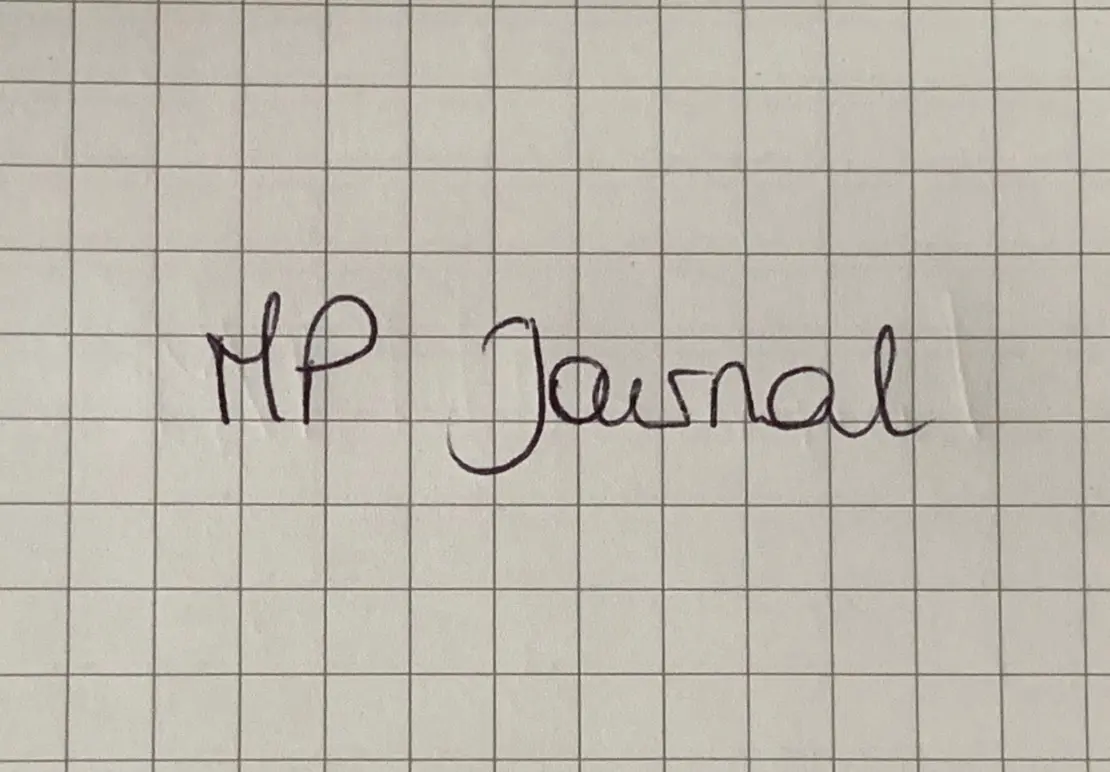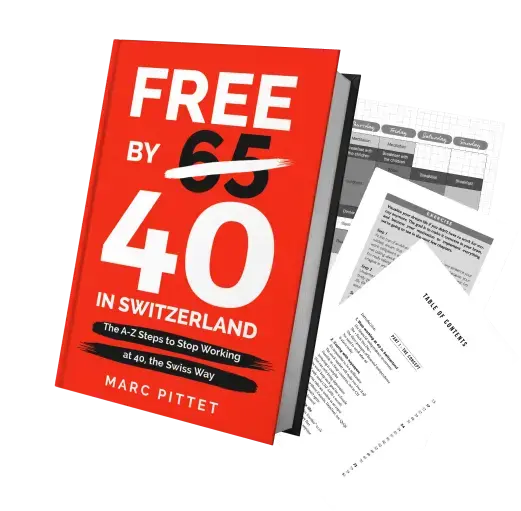I currently take this course about writing better. More concisely. More clearly.
One of the first week’s assignments is to tell to at least five close relationships about my passion, during ten minutes at minimum.
The idea is that the more people I talk about this, the more I will feel accountable. Which means I will practice more, and this should help me to hone my writing skills.
As I blog anonymously, and don’t talk about it in real life — except to my wife, I thought that the best accountability partner I could find amongst my close relationships is actually you, dear reader.
If you’ve got ten minutes, I’d be keen to explain you why I’m passionate about writing.
Some history
Since my childhood, I always loved to write. I liked the feeling of writing. I was amazed to see the thoughts coming from my mind, down to the paper through words, written with a beautiful ink pen.
I remember I took pleasure in writing novels when I was young. I even won a prize for one I wrote when I was about 10-12 years old. I was so proud although this was unexpected as I didn’t really prepared myself for it, nor defined any writing technics to make sure my essay would be the best I could submit.
Later on, my pleasure was to write letters to my friends, including girlfriends…
I spent evenings replying with passion to these messages, trying to find the correct words to transcribe accurately what I had in my mind.
And these English and philosophy classes… I remember there to have identified a pattern to get good grades.
Each time the pattern was used, I would get congratulations from the teacher as he really felt engaged with my words. Really, no kidding. This English teacher was cool!
“What was the pattern?!” you may ask. Well, nothing very innovative. Quite obvious actually.
It is inspiration. Every time I would face a topic that inspired me, good grades were almost ensured.
I remember this essay where I could talk about how I was proud of my grand father who participated to the WWII, with all his heroic stories. Inspiration, that is.
Then I lost this passion after high school. New interests. Applied sciences. More computers and chemical formulae. Less rhetoric art.
Blogs started to emerge then. From day one, I felt attracted by this new way of communicating.
Write. Edit. Publish. The world can see what’s in your mind. Amazing.
When I started at my first company, I created a blog to share the learnings from my field. I liked it. A lack of inspiration as well as a lack of personal stake made me let it go after some posts.
And then, mustachianpost.com.
I felt the urge to apply Mustachian and FIRE (Financial Independence, Retire Early) principles to my life the day I first read about them. On my journey to figure out the Swiss specifities of this realm, I discovered that not much was being shared. Almost nothing.
I then started to document my first steps. At the time, I wondered whether it was a passade, and that once a new project idea would popup, I’d drop this blog.
It was somehow the case during 2014 when work suddendly became more intense, and that I didn’t have writing habits setup.
It made me sad to not write. Exchange and share my journey. Have a voice in the FIRE community. I missed all of that.
That’s when I read about Essentialism. I decided to throw away other side (idle) projects, and to put all my focus on my two passions: writing and personal finance.
Writing is my creativity vehicle
It’s quite funny to love something that is so hard. I mean, every new blogpost starts with a blank page. It’s painful. But you just need to get started.
Then you need to edit. They say that “For every hour you spend writing, spend three hours editing.” That’s hard too.
But it’s so rewarding. You hit this “Publish” button. And then you check Google Analytics to see that people actually read what was once into your brain. I’m still astonished by this.
And what to say about this feeling when you get your first comment on a new blogpost…
I always felt that words were my vehicle to express my creativity.
But I was (I still am) often jealous when I saw designers who crafted beautiful websites, or architects who were able to translate the vision of what is “a modern room” on paper. It was visually attractive. More than a series of words.
Now that I take the time to reflect and explain it to someone else, I think I got something.
Creativity isn’t represented solely visually, like a painting or a design.
Words can transcribe creativity. My words can transcribe my creativity.
This is inspiring!
How to write better?
Some months ago, I said to myself: “I sure love to write but I feel there are patterns that produce good blogposts, good content. But it’s hard to tell which ones, and to identify them.”
Some bloggers I follow really manage well their words in a way that I can’t stop reading their posts before I reach the end. It’s engaging. It’s inspiring. I want to learn the technics to achieve the same level of writing.
I then googled something like “how to write good content”, and stumbled upon magic methods to get 1 million page views — sounds familiar isn’t it.
I refined my search until I ended on this page: howtowritebetter.org.
I can remember the headline without opening the site: “Words have power.” It stuck with me.
Then it continued with “You want to write more concisely, more clearly.” This was exactly what I was looking for. I decided that this class was for me the second I saw its author’s name: Joshua Fields Millburn, from theminimalists.com.
So I started this course. Hopefully my future posts will be more and more captivating and inspiring. That’s all I wish for this blog.
Voilà! I think we spent our 10 minutes chatting about me, and I thank you to have listened, dear close relationship. If you have any questions or remarks, I would be happy to continue this discussion via the comments’ section below.
And you. What are you passionate about?
Note: I’m not affiliated with Joshua/HtWB. As usual, I would inform you about any such link. And also, I only write and review things that I trust and use in my personal daily life.





Last updated: September 15, 2016